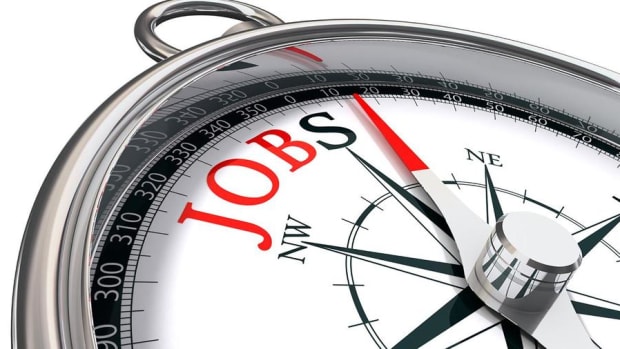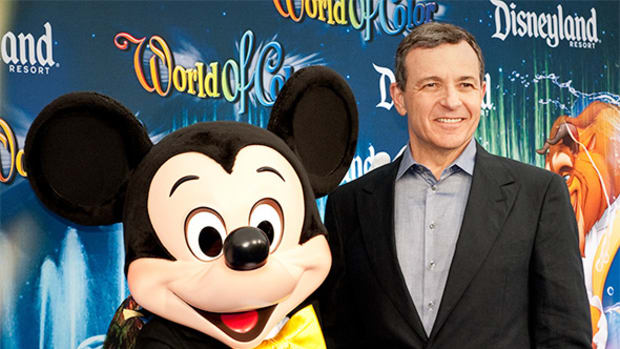Twitter (TWTR) - Get Free Report shareholders overwhelmingly approved the company’s planned $44 billion sale to Elon Musk on Sept. 13, but there appears to have been a notable absence in the proceedings.
According to filings with the Securities and Exchange Commission, only about 60% of shares outstanding were voted at the meeting earlier this week to consider the deal.
Overall, 459.6 million shares were voted at the meeting, the company said in the filing.
Of those, 453.1 million, or 98.6%, were voted in favor of the plan to sell the company to Musk, while 4.1 million, 0.9%, voted no and 2.4 million, or 0.5%, abstained, the company reported.
Musk, who is trying to get out of the agreement, is the largest individual shareholder in Twitter. The mercurial entrepreneur claims that the company failed to provide accurate information on how many fake or spam accounts are active on the site. The company has said about 5%. Musk, who has more than 100 million Twitter followers, has claimed it’s likely to be a much much higher percentage.
As of Sept. 9, Musk held 73.1 million shares, or 9.6% of the outstanding shares of Twitter, according to an SEC filing.
That raises some interesting questions about whether he voted his shares at all.
Musk Probably Didn't Vote
Most likely, Musk didn’t bother to vote, knowing that the outcome was a foregone conclusion anyway. He is a busy guy, after all.
Still, if he had voted his shares against the deal, it would have run up the “no” votes to about 77 million.
The deal would still have been approved, but by 85% instead of 98%. The no votes would have come in at 14.5%, while abstentions would have represented just 0.45% of the votes cast.
There are other possibilities, of course. Perhaps Musk stayed away to avoid lending any credence to an action he no longer believes has any validity. If you’re arguing the deal is no longer valid, it wouldn’t make much sense to take a stand one way or the other on it.
A third possibility, one that would be in character for Musk at his most impish, is that he voted to approve the deal, just to mess with people.
Regardless, the next round in the battle is slated for a Delaware courtroom next month, where a five-day trial of the lawsuits arising from Musk’s attempt to get out of the deal is on the docket.





